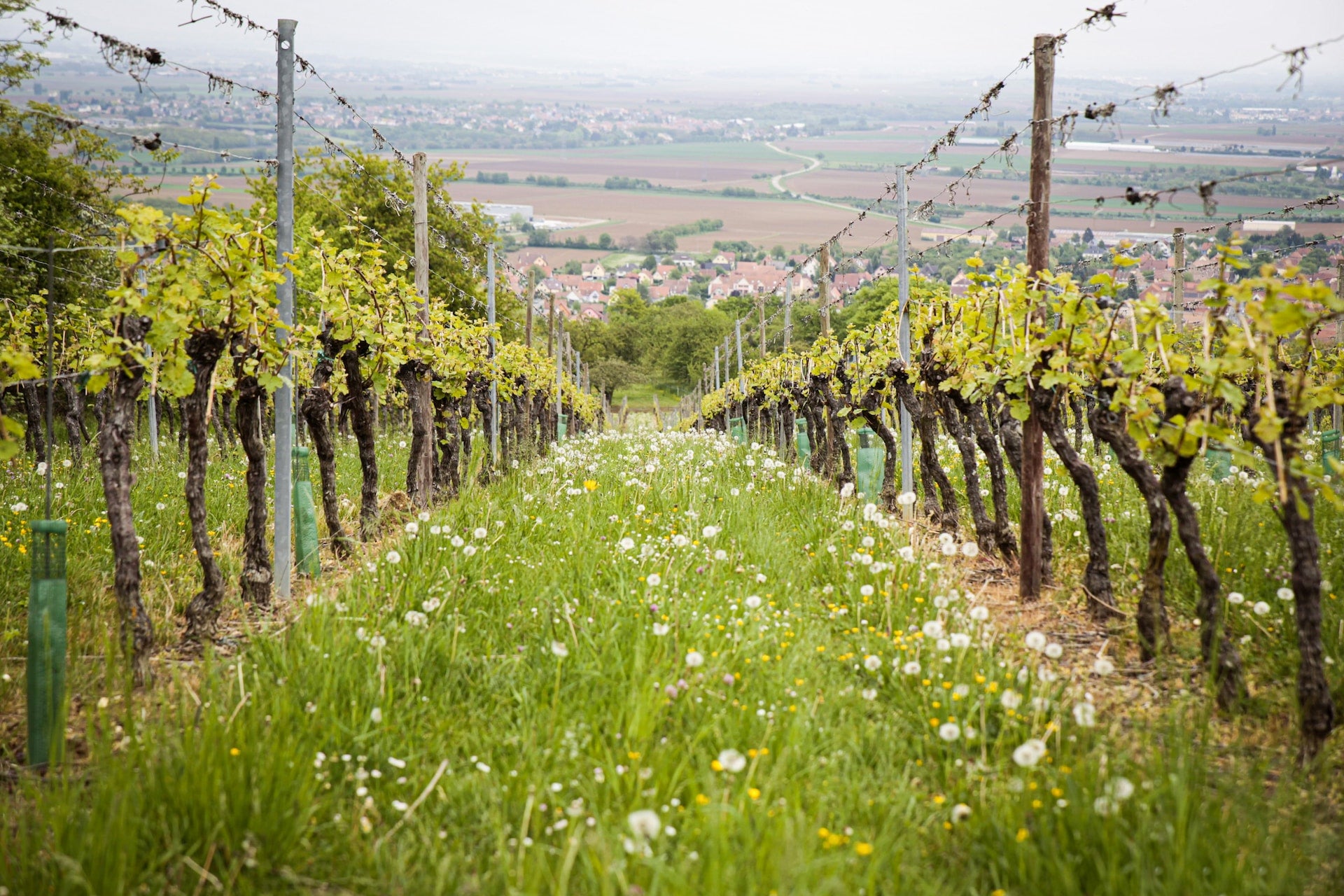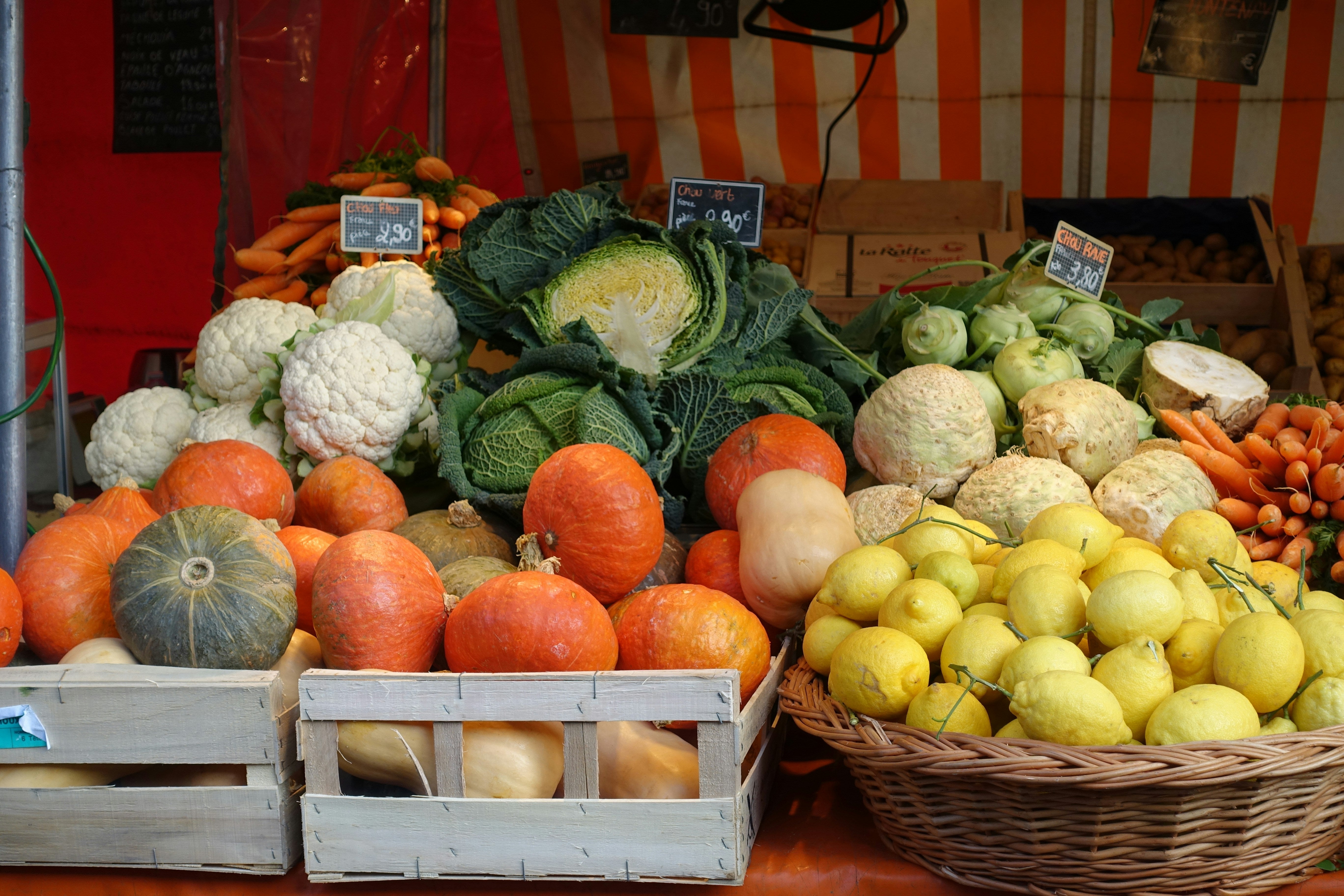Plant-Based Protein Sources: Fueling Your Body and the Planet

As the world becomes increasingly health-conscious and environmentally aware, plant-based diets are soaring in popularity. They offer a multitude of health benefits and align with sustainable living. But the lingering question for many is, "Where do you get your protein?" In this post, we'll take a deep dive into the world of plant-based protein sources, exploring the best options for muscle growth, overall health, and the well-being of our planet.
The Protein Puzzle: Plant-Based vs. Animal Sources
Protein is essential for building and repairing tissues, producing enzymes and hormones, and supporting overall health. Traditionally, animal products like meat, dairy, and eggs have been the primary sources of protein for many people. However, the shift toward plant-based diets challenges this notion, showing that ample protein can be derived from plant sources while offering numerous advantages.
Plant-Based Protein Powerhouses
-
Legumes: Beans, lentils, and chickpeas are protein-packed and versatile. They are also rich in fiber, aiding digestion and promoting a sense of fullness.
-
Tofu and Tempeh: Made from soybeans, these soy-based products are excellent sources of complete protein. They absorb the flavors of the dishes they're cooked in, making them perfect for various cuisines.
-
Quinoa: Known as the "complete protein" among grains, quinoa provides all nine essential amino acids. It's also gluten-free and a great choice for those with dietary restrictions.
-
Nuts and Seeds: Almonds, peanuts, chia seeds, and hemp seeds are examples of protein-rich options. They're also rich in healthy fats, vitamins, and minerals.
-
Seitan: Also known as wheat meat or wheat gluten, seitan is a protein-dense meat substitute commonly used in plant-based diets. It has a meaty texture and absorbs flavors well.
-
Edamame: These young soybeans are packed with protein and make for a tasty snack or a protein boost in salads and stir-fries.
-
Leafy Greens: While not as protein-rich as other sources, leafy greens like spinach, kale, and broccoli contain a surprising amount of protein and are packed with other essential nutrients.

Environmental Benefits of Plant-Based Proteins
Choosing plant-based protein sources not only benefits your health but also has a positive impact on the environment. Here's why:
-
Reduced Greenhouse Gas Emissions: Plant-based agriculture generally generates fewer greenhouse gas emissions compared to animal agriculture, which is a leading contributor to climate change.
-
Conservation of Resources: Producing plant-based protein requires fewer natural resources such as water and land compared to raising livestock.
-
Preservation of Biodiversity: Plant-based diets help reduce deforestation and habitat destruction associated with animal agriculture, preserving natural ecosystems and biodiversity.
Balancing Your Plant-Based Diet
To optimize your plant-based diet for protein intake, it's essential to eat a variety of protein sources to ensure you get a wide range of amino acids. Combining different plant-based proteins, such as beans and rice or peanut butter on whole-grain bread, can create complete protein profiles that meet your body's needs.
Supplementing your diet with vitamin B12, found mainly in animal products, and ensuring you get enough iron, calcium, and omega-3 fatty acids through plant-based sources or supplements is also crucial for overall health.
In conclusion, plant-based protein sources are abundant, nutritious, and planet-friendly. By incorporating a variety of plant-based protein options into your diet, you can fuel your body, support your health, and contribute to a more sustainable future for our planet. So, the next time someone asks, "Where do you get your protein?" you can confidently answer, "From the abundance of plant-based sources that nourish both me and the Earth."




